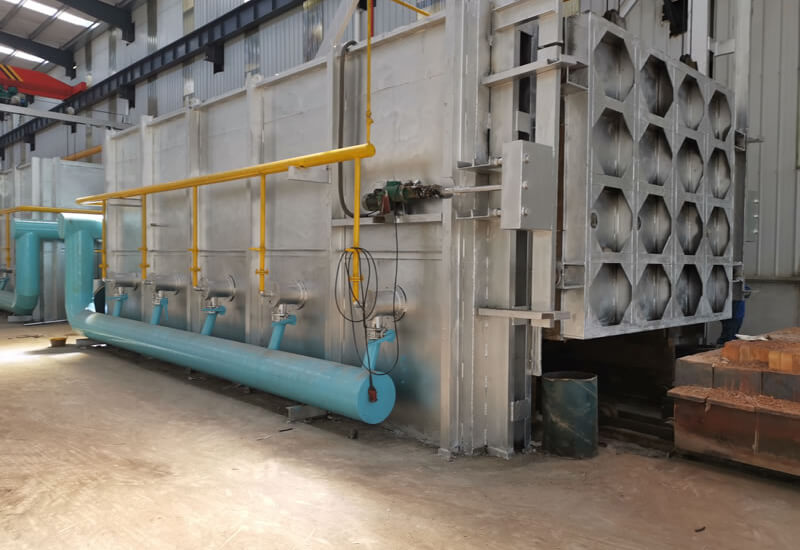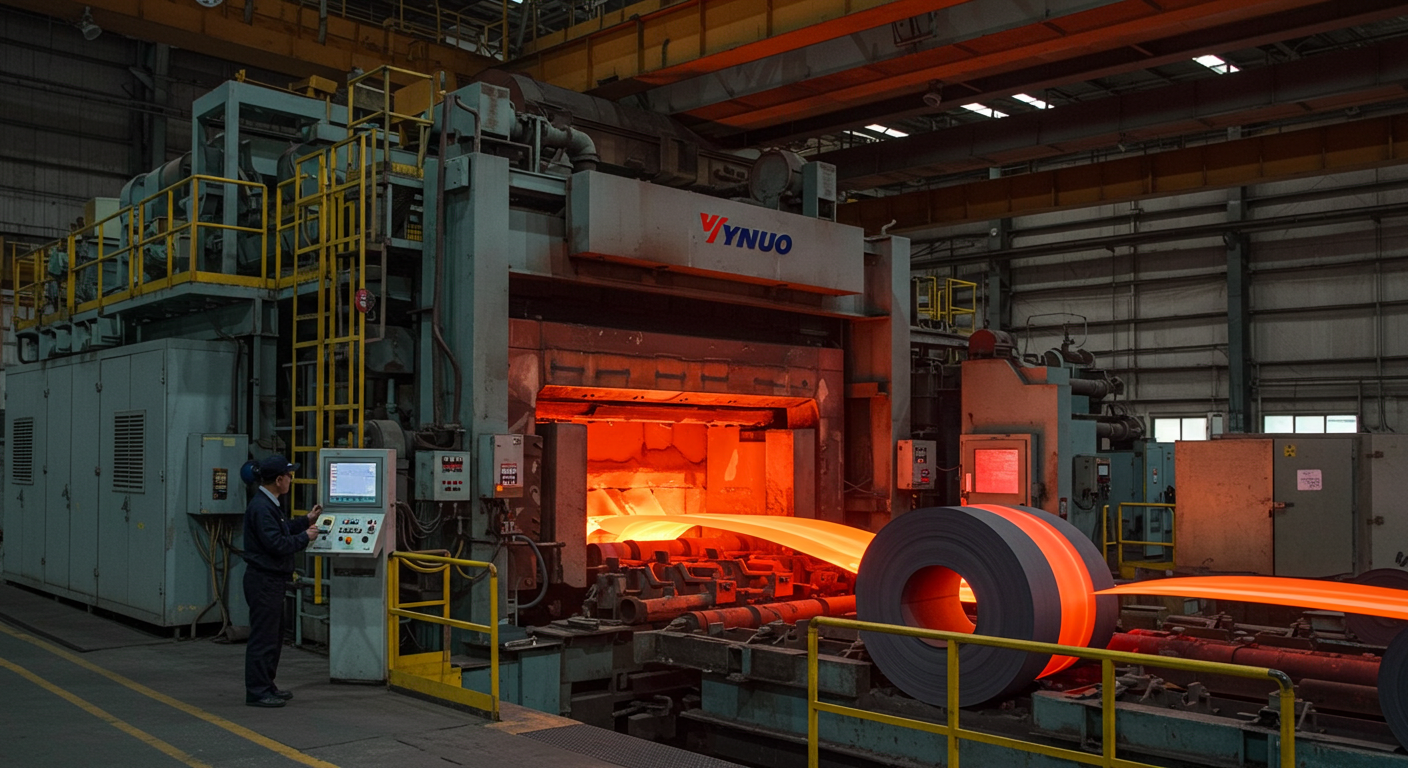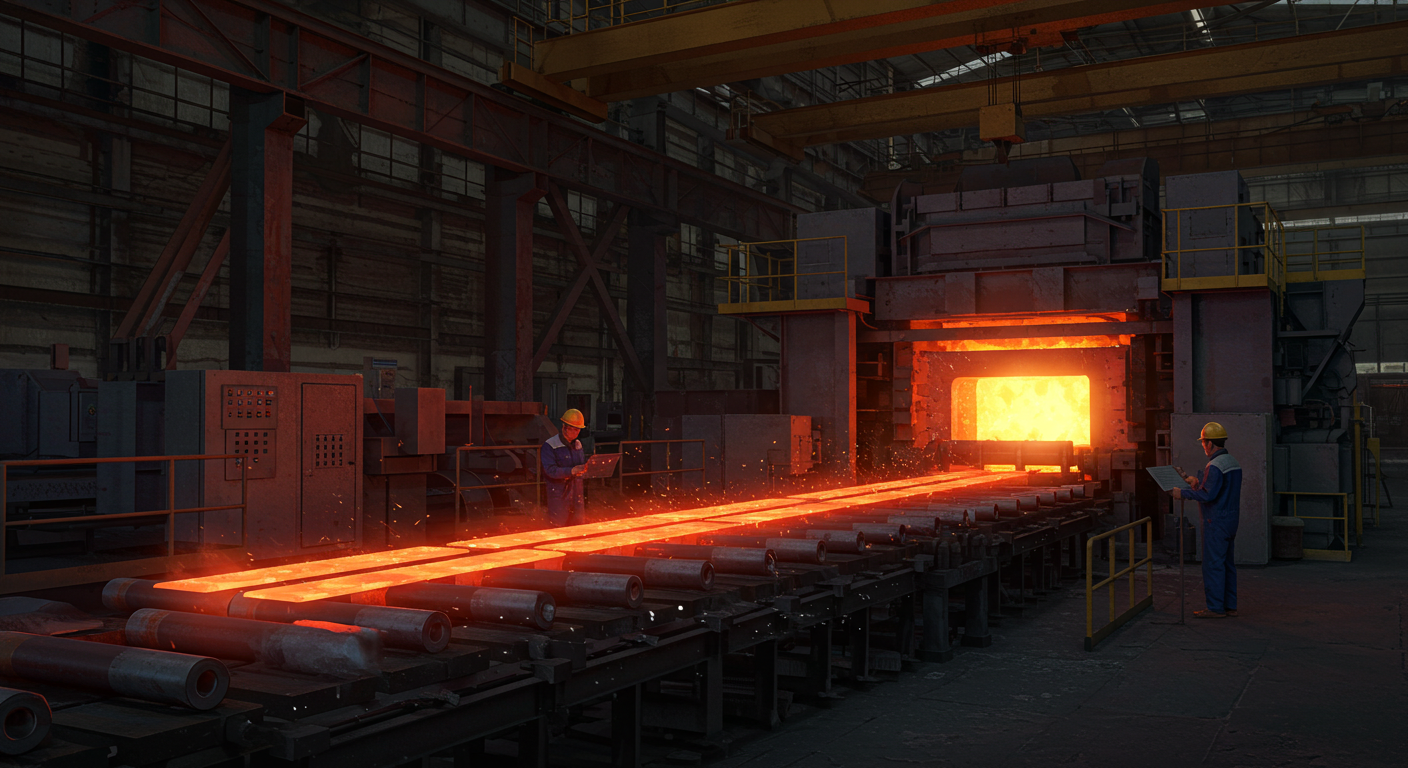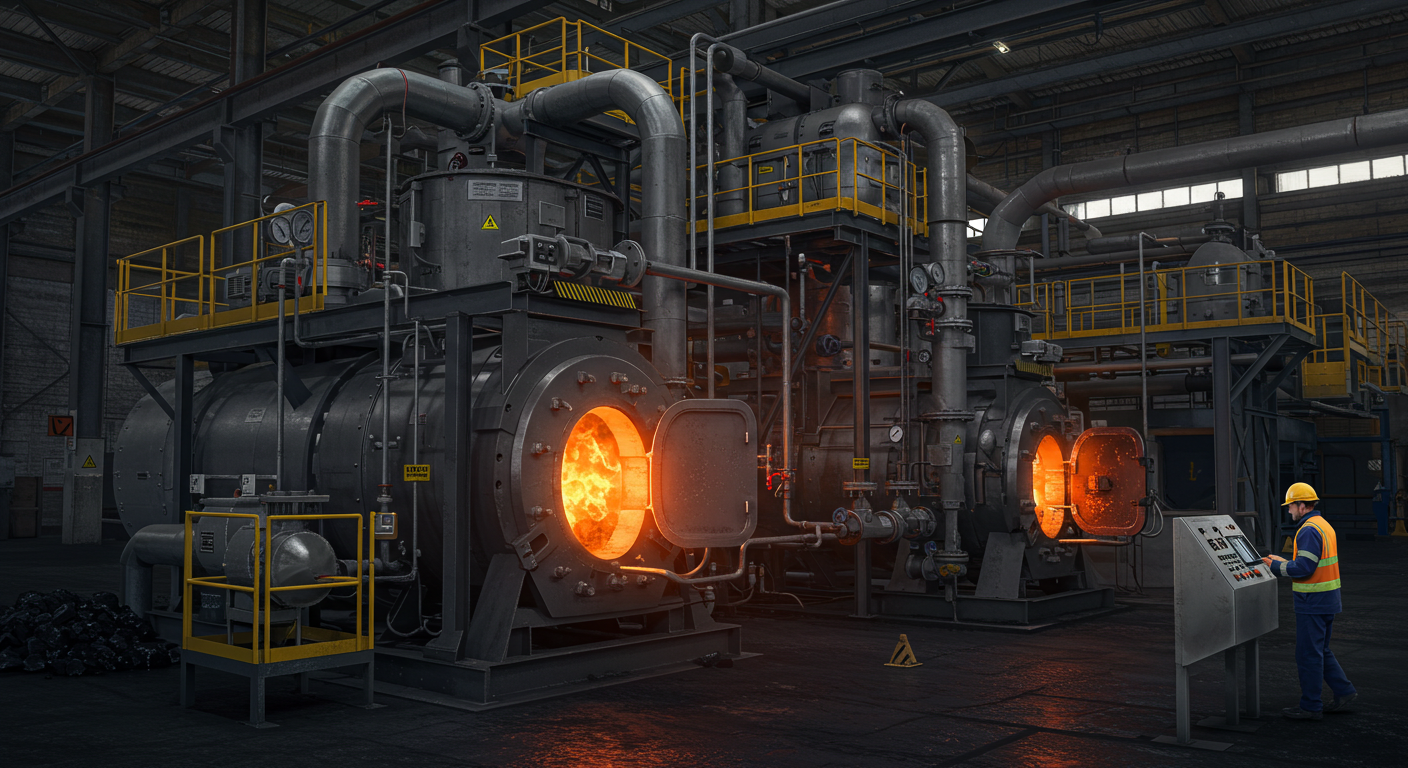
Heat treatment plays a crucial role in enhancing the properties of various materials, ensuring their durability and performance. Among the different heat treatment methods available, annealing stands out as a versatile and widely adopted technique. To achieve precise and efficient annealing, industries rely on specialized equipment like the Annealing Oven.
Understanding Annealing: What’s Annealing Oven?
Before delving into the benefits of an Annealing Oven, it’s essential to grasp the concept of annealing itself. Annealing refers to the controlled heating and cooling of materials to alter their physical and mechanical properties. The process typically involves heating the material to a specific temperature, holding it at that temperature for a predetermined duration, and then slowly cooling it. Annealing is employed to relieve stress, improve ductility, refine grain structure, and enhance machinability.
An Annealing Oven is a vital tool in the field of heat treatment processes. With its ability to heat materials to specific temperatures, hold them for designated periods, and gradually cool them, the annealing oven brings about desired changes in material properties.
The Role of an Annealing Oven: Precise Temperature Control
An Annealing Oven serves as a highly accurate temperature control system, ensuring the material reaches and maintains the desired annealing temperature. The oven’s advanced heating elements and control mechanisms allow for precise temperature adjustment, minimizing variations and achieving consistent results. This level of control is vital to meet specific material requirements and obtain optimal annealing outcomes.
The Role of an Annealing Oven: Uniform Heating Distribution
Achieving uniform heating across the material is crucial for successful annealing. An Annealing Oven is designed to provide even heat distribution throughout the entire chamber. Its strategically placed heating elements, efficient insulation, and airflow systems guarantee that all parts of the material receive the same level of heat. This uniformity eliminates the risk of localized hot spots or cold areas, preventing inconsistent annealing results.
Structure of an Industrial Oven:
1. Outer shell:
The sturdy outer shell of an annealing oven, often made of sheet metal or stainless steel, provides essential protection to internal components and ensures safety during operation.
2. Insulation:
An insulation layer, situated between the outer shell and internal components, helps minimize heat loss and maintain a consistent temperature within the oven. This efficient insulation ensures optimal energy usage and improved temperature control.
3. Heating system:
The heating system, powered by electric heating elements, gas burners, or infrared heating panels, generates the necessary heat within the oven. It plays a crucial role in achieving uniform and controlled heating throughout the furnace chamber.
4. Air circulation system:
To ensure the even distribution of heat, annealing ovens employ an air circulation system. This system, equipped with fans or blowers, efficiently circulates the hot air within the oven, facilitating consistent temperature throughout the material being processed.
5. Control system:
The control system incorporates various instruments and sensors to monitor and regulate temperature, humidity, and other parameters. With digital displays, timers, and programmable logic controllers (PLCs), it ensures precise control over the annealing process.
6. Material handling system:
For seamless loading and unloading of materials, annealing ovens feature a material handling system. This system employs conveyors, carts, or trays, enabling efficient and safe movement of materials within the furnace chamber.
JiangSu YiNuo Thermal Energy Technology Co., Ltd.: Pioneering Annealing Oven Manufacturer
JiangSu YiNuo Thermal Energy Technology Co., Ltd. has established itself as a prominent manufacturer of Annealing Ovens. Their expertise lies in delivering high-quality heat treatment equipment that caters to the diverse needs of various industries. Here are a few reasons why they stand out in the market:
Technological Excellence:
YiNuo Thermal Energy Technology Co., Ltd. employs state-of-the-art technology to develop their Annealing Ovens. Their focus on innovation enables them to deliver equipment that meets the evolving demands of the industry. From advanced temperature controllers to energy-efficient heating elements, their products are designed to provide optimal performance and maximize productivity.
1. Customization Options:
Understanding that different materials require specific annealing conditions, YiNuo Thermal Energy Technology Co., Ltd. offers customization options for their Annealing Ovens. They work closely with clients to understand their unique requirements and tailor the oven’s specifications accordingly. This flexibility ensures that customers can achieve the desired annealing results for their specific materials.
2. Quality and Reliability:
YiNuo Thermal Energy Technology Co., Ltd. is committed to delivering high-quality products that meet international standards. Their Annealing Ovens undergo rigorous testing and quality checks to ensure durability, reliability, and long-term performance. By prioritizing quality, the company establishes trust with its customers and offers equipment that lasts for years, providing a sound investment.
How Can Annealing Oven Do for Your Industry?
YiNuo annealing ovens are highly customizable to suit the specific needs of different industries. They offer flexibility in terms of size, heating capacity, and control options. This versatility allows businesses to anneal materials of various shapes, sizes, and compositions, making the oven adaptable to different industrial processes and applications.
1. Enhanced Material Properties:
The controlled annealing process performed in a specialized oven leads to several material improvements. It refines the grain structure, reducing brittleness and enhancing toughness. It also relieves residual stresses, increasing the material’s stability and reducing the risk of deformation during subsequent manufacturing operations. The result is improved material properties that translate into higher-quality end products.
2. Increased Productivity and Cost Savings:
By using an annealing oven, industries can significantly reduce the time required for the annealing process. The controlled heating and cooling cycles ensure faster and more efficient treatments, ultimately leading to increased productivity. Additionally, the energy-efficient design of YiNuo annealing ovens helps minimize energy consumption, resulting in long-term cost savings for the industry.
3. Consistency and Quality Assurance:
Maintaining consistent and uniform heating throughout the annealing process is critical to ensure the desired material properties. YiNuo annealing ovens excel in providing a controlled environment, ensuring uniform heating and cooling rates. This consistency guarantees the reproducibility of results, which is crucial for quality assurance and meeting industry standards.
Conclusion
An Annealing Oven is an indispensable tool for material processing and heat treatment applications. Its precise temperature control, uniform heating distribution, and versatility make it an ideal solution for achieving optimal annealing results. JiangSu YiNuo Thermal Energy Technology Co., Ltd. has emerged as a trusted manufacturer in this field, providing innovative and customizable Annealing Ovens that meet the diverse needs of industries. By partnering with YiNuo Thermal Energy Technology Co., Ltd., businesses can enhance their heat treatment processes and ensure the superior performance of their materials.







